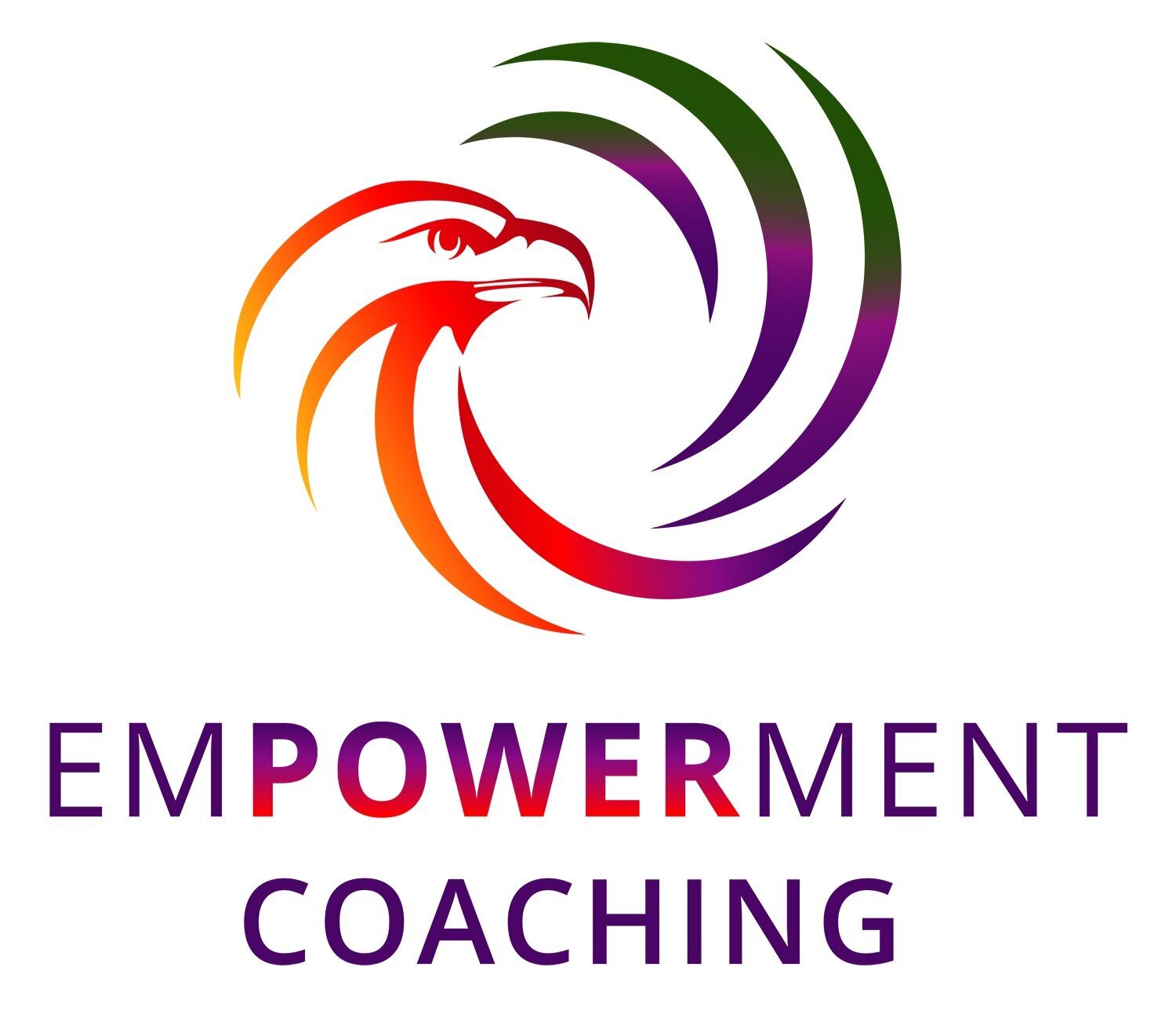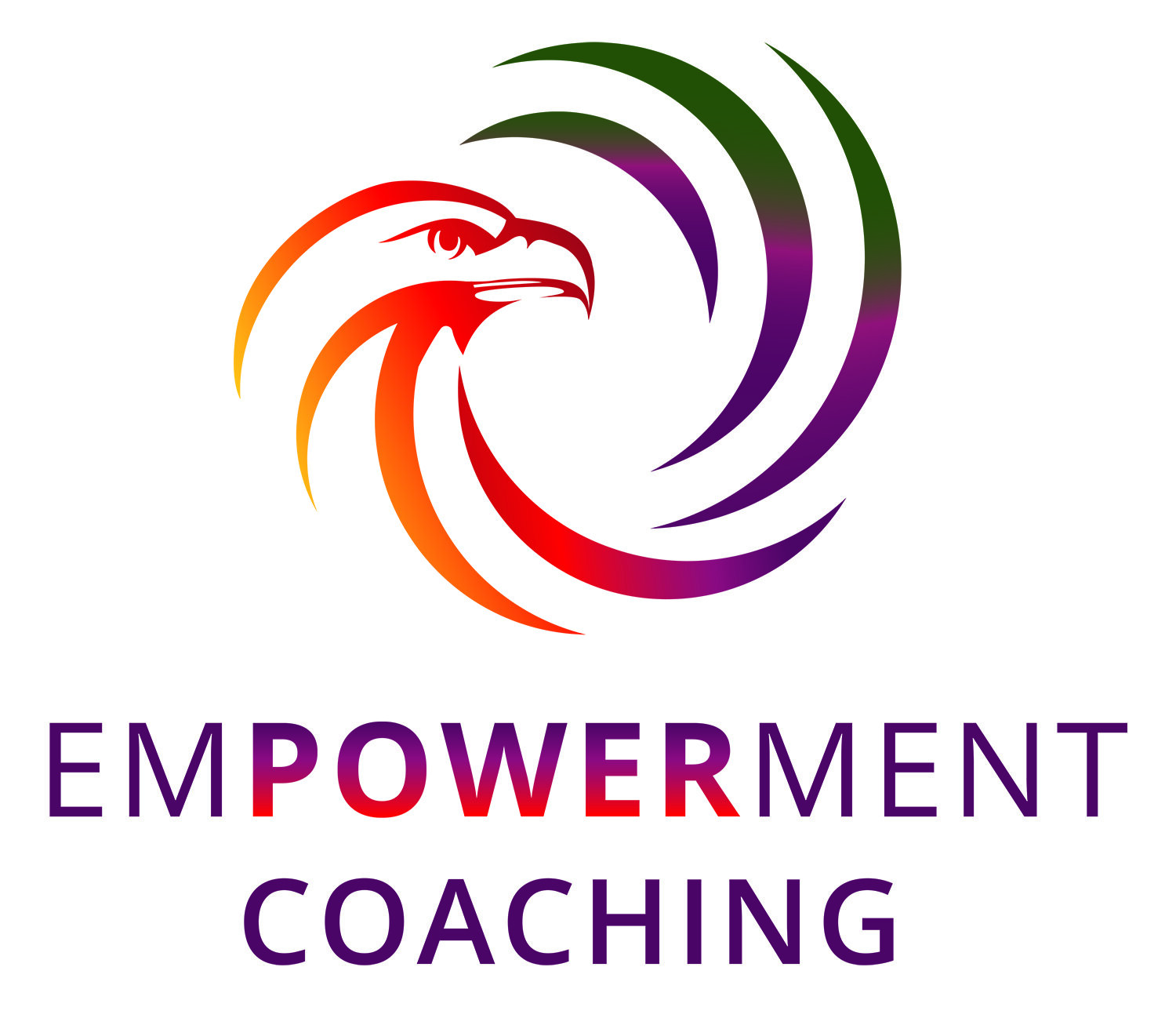Elevate your Communications, Part 3
In the past two blogposts, I’ve been sharing with you some interesting theory and research on communication, ideas for improving communication, and I left you last time with the tantalizing idea that our ego creates many of our communication difficulties and we can step out of that ego self so as to focus on differentiating needs from strategies as a way to improve communication, so let’s do just that!
When we’re struggling with communication, it’s helpful to ask ourselves “Where is my ego in all of this?” Oftentimes when a conversation goes south it’s because our small self, our ego, has gotten in the way...and in the fray! How do we know when that’s happening? For me, there’s a tugging feeling in my chest…like I’m being pulled to go where I know I shouldn’t go. There’s that wise, little voice in my head saying “Don’t say that!” and “Don’t let yourself go there!” How about for you? What’s your cue you’re about to fall into being your small self? Know that cue!
And then do your best to step back into your Curious Observer. Think to yourself in your head, “Isn’t this interesting?! That pushed a button. I feel myself wanting to go there. Breathe! Step back. Take your time to proceed.” Again, here’s a time you could use Think Out Loud technique which I went over in a previous post: ”Oops! I’m triggered by that last comment. Let me take a minute to work that through and then I’ll answer you”. Now obviously you’re not going to want to do that with everybody, but the people most likely to trigger us are…family! And we do love them and want to work things out with them, so being willing to take a risk and think out loud with them is good. If you don’t want to do that or feel resistant, maybe check in with yourself as to what that resistance is about. Obviously some of us have family members who may not be safe to think out loud with, but it can also be a small self/ego thing of I don’t want to take risks with so-and-so, I don’t want to look stupid, etc.
Let me share a quote from Krista Tippett: “I can disagree with your opinion, it turns out, but I can’t disagree with your experience. And once I have a sense of your experience, you and I are in relationship, acknowledging the complexity in each other’s position, listening less guardedly. The difference in our opinions will probably remain intact, but it no longer defines what is possible between us.”
So this leads to a main part of Thom Bond’s teaching which is being able to differentiate between needs and strategies. Needs are what’s driving us to engage in behavior. The behavior is the strategy we’ve chosen to meet the need. Conflict doesn’t come from needs; it exists in the realm of strategy. When you can see the needs, you can transcend the conflict that occurs in the realm of strategy. For example, let’s use the need for safety. Some choose to get a gun; others choose to avoid people, some choose to go along to get along. All of those are strategies to meet the need of safety. We don’t disagree or fight about the need for safety; we fight out HOW we choose to create safety…the strategy. So then to have the conversation based on the need, NOT the strategy, is what’s most important.
All of this gives us grist for our communication mill, but to me one of the biggest things I needed and need as I’m learning to communicate better is WORDS. What do I literally say in certain circumstances? For instance, I always thought “Well, I guess we’ll have to agree to disagree” was a great way to respond when I knew I wasn’t going to change the other person’s mind, but I came to learn that it actually is a response that shuts down communication. Better to focus on “what is the other person’s need?” and respond to that.
In doing so, the other person is invited to share more about why they’ve selected the particular strategy they have. Now that doesn’t mean they’re necessarily going to be willing to hear why you’ve selected the strategy you have, but it is a step in a better direction of hearing others more fully. After all, we cannot control what others choose to believe and do, but we can open ourselves to seeking to understand those choices more fully and to communicate on the level of the need instead of fighting over the strategy.


